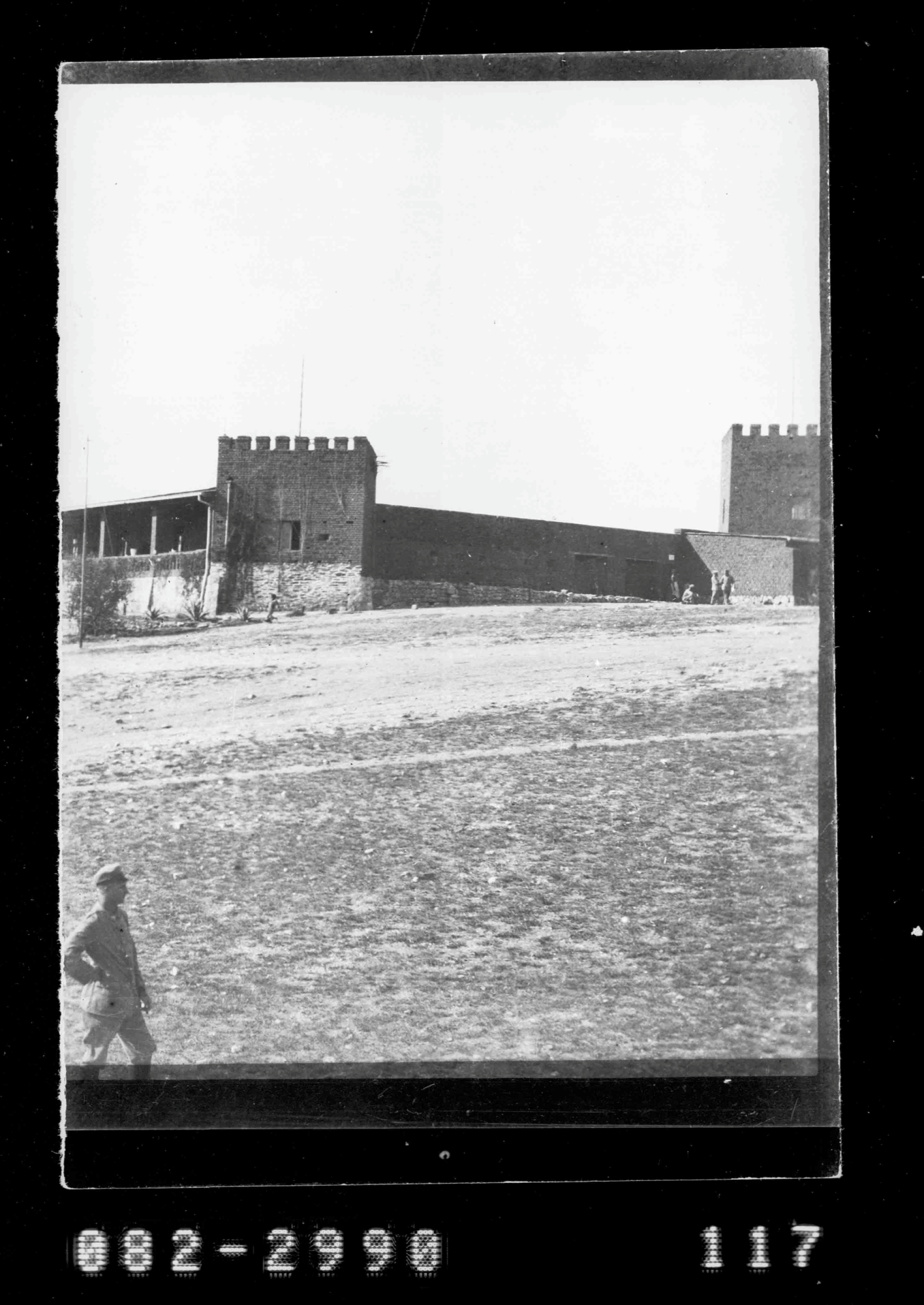Conférence de Kenny Cupers
Architecture and the Afterlives of Environmental Determinism
mardi 05 avril 2022à 13:00
Cycle de conférences
Kenny Cupers, professor, University of Basel
This talk will explore the relationship between environmental determinism, as a key logic of European empire, and environmental determination, as a conviction that undergirds architecture and planning in the twentieth century. Focusing on German colonial interventions in Southern Africa and Central Europe and their repercussions for architectural modernism, it proposes to conceptualize modernism from the perspective of determinism’s afterlives.
Kenny Cupers is a scholar and educator who works at the intersection of architectural history, urban studies, and critical geography. Grounded in primary research, his work analyzes built spaces and systems in order to answer questions about power and historical change. His research focuses on the role of housing in urban and state transformation, the epistemology and geopolitics of modernism, and the power and aesthetics of infrastructure. Central to these interests is a focus on design—understood as a technique of governing and as a lens on human and material agency.
Cupers is the author of the award-winning The Social Project: Housing Postwar France (2014), translated into French as La banlieue, un projet social: Ambitions d’une politique urbaine, 1945-1975 (2018). The book reveals how France’s unprecedented building boom after WWII turned dwelling into an object of modernization, an everyday site of citizen participation, and a domain of social scientific expertise. His co-edited volume Architecture and Neoliberalism from the 1960s to the Present (with Helena Mattsson & Catharina Gabrielsson, 2019) explores the multivalent role of architecture and urbanism in processes of neoliberal transformation. His edited volume Use Matters: An Alternative History of Architecture (Routledge, 2013) examines how architecture depended on changing definitions of use throughout the twentieth century. Spaces of Uncertainty (2002), co-authored with Markus Miessen, focuses on the importance of leftover spaces for public life in Berlin—a theme he has recently revisited in Spaces of Uncertainty: Berlin Revisited (2018). His forthcoming book The Earth that Modernism Built is a historical study of German imperialism in southern Africa and central Europe that proposes a new account of how land and life became objects of design.
Cupers leads the SNF-funded project, How Infrastructure Shaped Territory in Africa, co-directs (with Orit Halpern and Claudia Mareis) the Sinergia project Governing through Design: An Interdisciplinary Phenomenon, and co-coordinates (with PI Bilgin Ayata) the SNIS-funded project, Infrastructure Space and the Future of Migration Management. Through these collaborative projects, he is developing a research agenda centered on the relationship between infrastructure, sovereignty, and the urban—with a particular interest in African struggles for decolonization.
Cupers received a B.Sc. and M.Sc in Architecture from the Catholic University of Leuven (Belgium), studied photography and cultural theory at Goldsmiths College (London), and received his Ph.D. in architectural and urban history from Harvard University in 2010. He taught in the United States before co-founding the University of Basel’s Urban Studies division in 2015.
Lien Zoom
Conférence en anglais sous-titrée anglais
